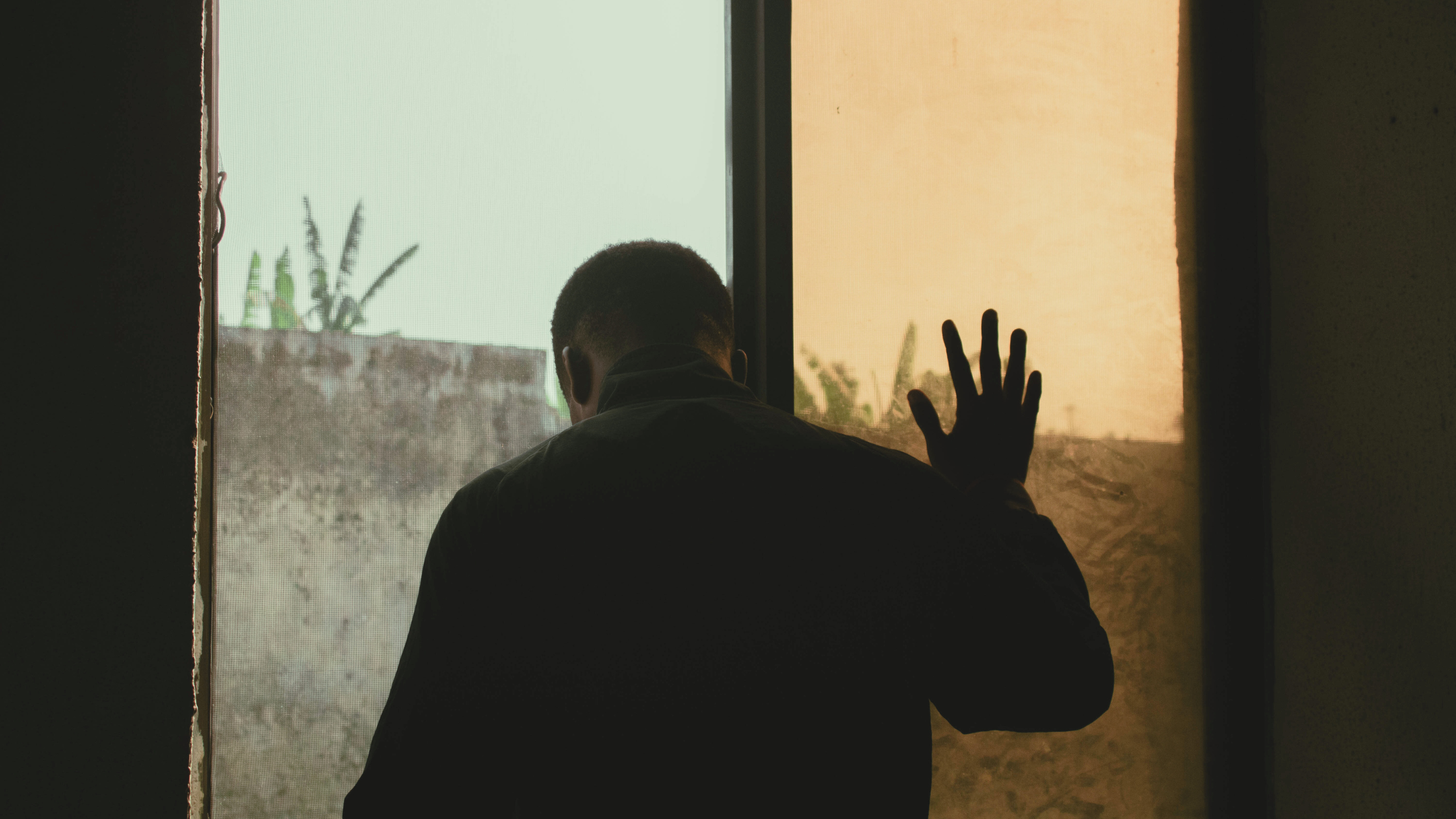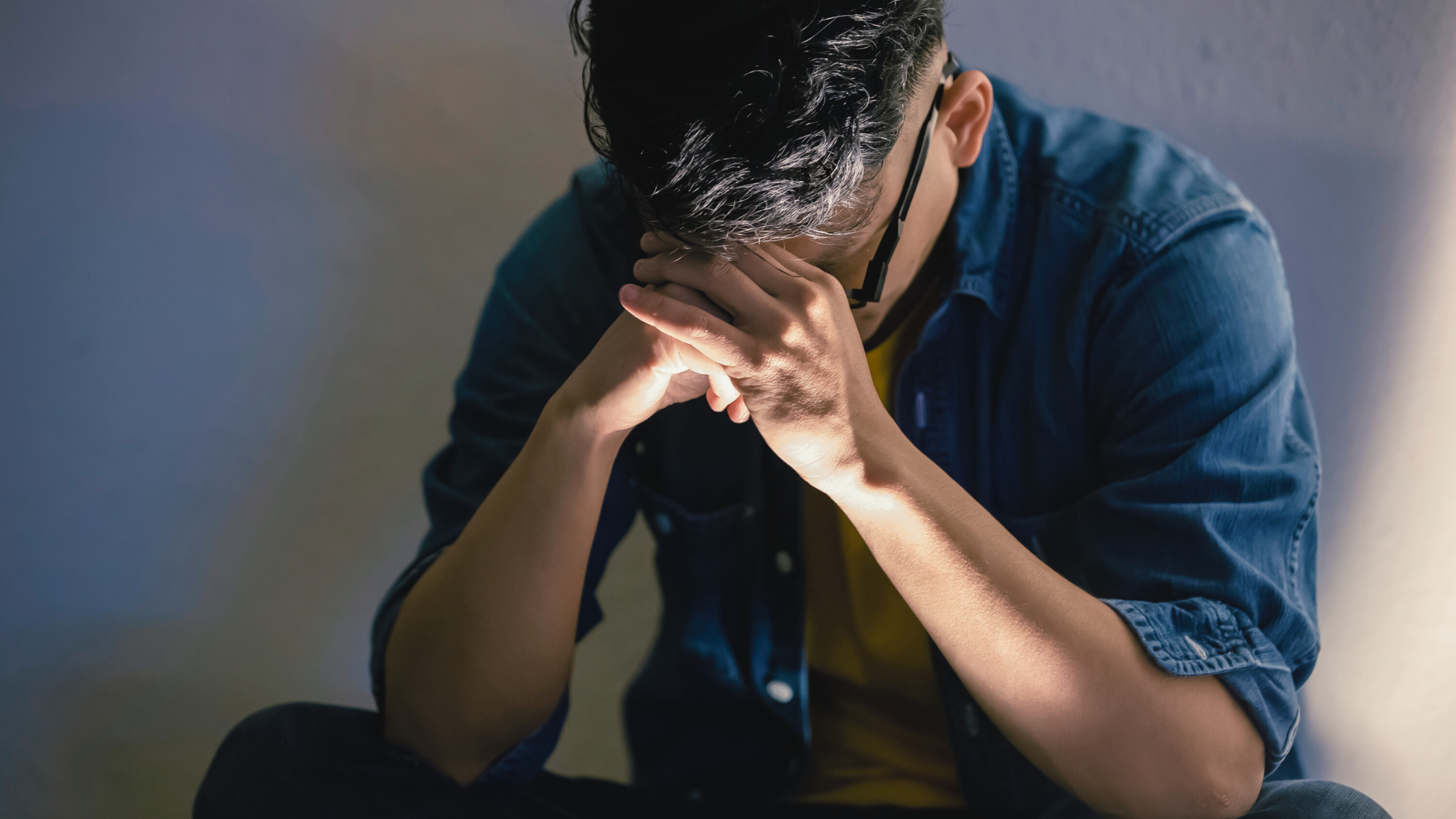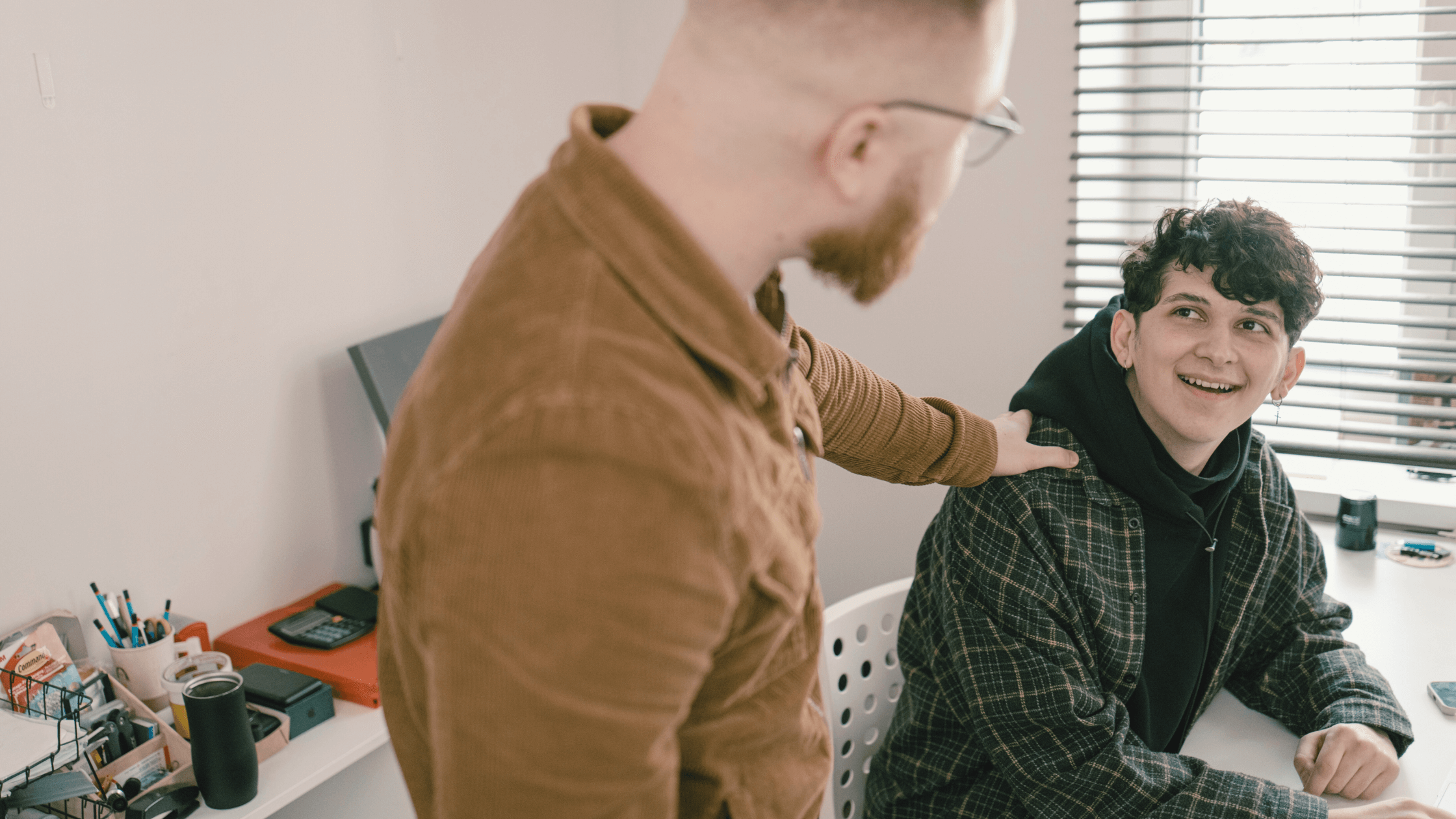blog
The Fear of Failure in Men and How It Shapes Their Behavior
Fear of failure in men often shows up as pressure to perform, avoid mistakes, or never fall behind. You may push yourself relentlessly, hide doubt, or stay stuck because failing feels tied to your worth. Understanding fear of failure in men helps explain why anxiety, perfectionism, and emotional strain often develop quietly, and why support can change that pattern.
Long-Term Effects of Emotional Suppression in Men and Their Mental Health
Many men learn early on to push feelings aside, stay composed, and keep moving forward, even when emotions quietly build underneath. At first, this approach can feel functional. You stay in control. You avoid conflict. Life keeps moving. But over time, the effects of suppressing emotions in men begin to show up in subtle but meaningful ways. Emotional health, relationships, and overall well-being can suffer, often without a clear explanation for why things feel off.
Why Men Avoid Therapy and What Changes When They Try It?
Many men avoid therapy even when they’re struggling because it feels unfamiliar, uncomfortable, or threatening to their sense of control. You may tell yourself you should handle things alone, push through, or wait until it gets worse. Understanding why men avoid therapy is the first step toward seeing it not as weakness, but as a practical way to regain clarity, strength, and emotional balance.
What Healthy Communication for Men Really Looks Like
Healthy communication for men can feel challenging, especially if you were never taught how to talk about emotions without conflict. Many men want to connect but freeze, shut down, or get defensive when conversations turn emotional. Healthy communication for men isn’t about being perfect; it’s about learning how to stay present, honest, and respectful even when it feels uncomfortable.
Why Anxiety in Men Often Goes Unnoticed and What to Do About It
Anxiety in men often goes unnoticed because it rarely looks like fear or worry. It shows up as irritability, overthinking, or shutting down. Many men learn to hide vulnerability, so they mask anxiety through work, numbness, or distraction. Understanding how anxiety in men appears differently is the first step toward healing, regulation, and real support.
The Pressure to Provide: How Work Stress in Men Shapes Their Identity
Work stress in men isn’t just pressure; it often becomes identity. When your worth feels tied to providing, succeeding, or staying in control, stress quickly turns into exhaustion, self-doubt, and emotional distance. In this article, you’ll learn why work stress in men is so widespread today, how it shapes identity and relationships, and how therapy at Madrega Wellness helps men find balance, confidence, and relief.
Why Is Listening in Relationships for Men Hard? And How to Get Better
Listening in relationships for men is hard because most men were taught to solve problems, not explore emotions. When a conversation feels emotional or unclear, it’s easy to slip into fixing, defending, or shutting down, even when you care deeply. Understanding why listening feels difficult helps you slow down, stay present, and connect with the emotion underneath your partner’s words.
Why Are So Many Men Struggling to Relax Today?
Many men are struggling to relax because their minds are wired for performance, not peace. Years of pressure to provide, achieve, and stay productive keep their nervous systems on high alert even when life looks “fine.” This constant drive leaves men struggling to relax, rest, or truly feel at ease. In this article, we’ll explore why it’s so hard to slow down, what it does to your mind and body, and how therapy at Madrega Wellness helps men rebuild calm, balance, and real rest.
What’s the Connection Between Anger and Depression in Men?
Anger and depression in men are often two sides of the same coin. Many men are taught to suppress sadness or vulnerability, and that emotional pressure can surface as frustration, irritability, or outbursts. Understanding this connection helps men see anger not as a flaw but as a signal that something deeper needs attention.
Why Grief in Men Looks Different and the Emotional Toll it Takes
Grief in men often hides behind silence. You might keep busy, stay composed, and tell yourself to “be strong,” even when everything inside feels heavy. Society teaches men to manage pain quietly to fix, not feel. But grief doesn’t follow logic. It demands space, patience, and honesty. Many men carry loss alone because they don’t know another way. Men often grieve through action rather than words, which can make their pain easy to miss.
Rebuilding Trust in Relationships: How Men Can Heal and Reconnect After It’s Broken
Rebuilding trust in relationships is hard, especially for men. You might feel the weight of guilt, disappointment, or shame for what happened. Maybe you tried to move on, but part of you still carries the fear that things will never be the same again. Many men grow up believing they should fix problems quickly or stay strong no matter what, yet trust can’t be forced. It rebuilds slowly through honesty, patience, and real emotional presence.
Common Masculinity Myths That Damage Men’s Mental Health
Masculinity myths teach men to wear masks. You learn early that strength means control, that showing emotion makes you weak, and that asking for help isn’t an option. These messages may push you to succeed, but they also leave you disconnected and exhausted. Over time, you start hiding pain instead of healing it. Outdated ideas of masculinity still shape how men view vulnerability and worth. But the truth is, being a man has never meant being unfeeling. You can be strong and still struggle. You can lead and still ask for support.
Why Men’s Mental Health Is Still Stigmatized, (and How to Change It)
Men’s mental health is often a subject whispered about, if it’s talked about at all. At Madrega Wellness, we often hear from men who feel they have to keep their struggles hidden. Many were raised with messages like “boys don’t cry” or “just tough it out,” and over time, those words turn into silence. Men’s mental health remains deeply stigmatized, leaving too many to carry pain on their own. We believe it’s time to change that. Talking about what you’re going through doesn’t make you weak; it shows courage, responsibility, and a willingness to take care of yourself and those you love.




















